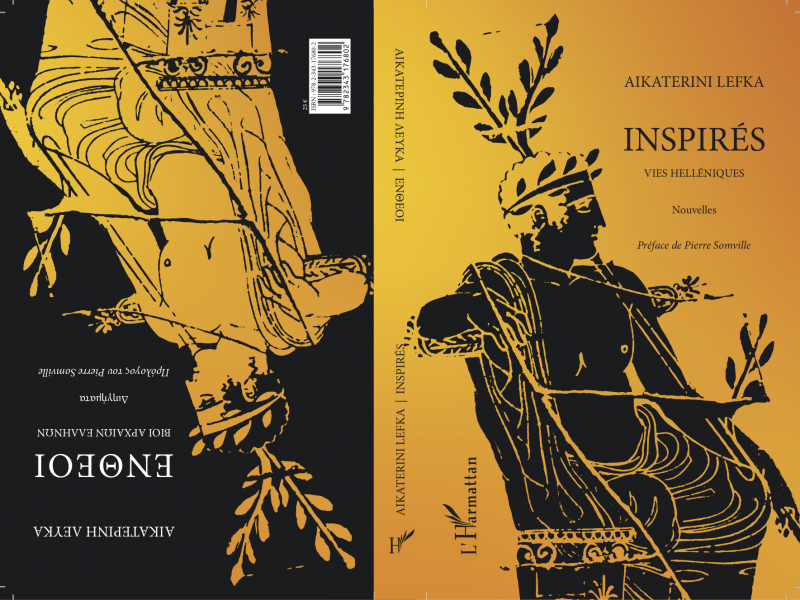
What could be the common point among persons so divergent as the sculptor Phidias, the priestess of Athena Theano, the legislator Solon, the « other » wife of Socrates, Myrto, Zeno of Elea, the philosopher Hypatia, the daughter of Pythagoras Myia and Milo of Croton ? They are personalities with exceptional talents and we may consider that they incarnate, each one in a different way, the ideal of excellence. In the Antiquity, when the gods were particularly favourable towards someone, they could « possess » her, fill her with a creative « enthusiasm », transforming her to an « inspired » person (entheos).
Historical sources bear witness that in spite of their extraordinary nature, or perhaps precisely because of it, these women and men found themselves systematically in conflict with their environment, often with terrible consequences. However, I don’t think that they would ever regret their choices, which confirmed the liberty of their spirit and their true quality. For them, the most important was to stay true to their own principles.
The seven short stories (in a bilingual version: Greek and French), which I dedicate to them, are founded on historical data, freely interpreted. They constitute a new homage to their struggles that centuries have already largely covered with the dust of oblivion.
In our times, everyone complains about the evident crisis of the social values, about the egoism, the cupidity, the hypocrisy, the dishonesty, the corruption. It offers perhaps a certain consolation, to remember that all this always existed in human societies (even the ones of the Antiquity, actually seen as paradigmatic for their admirable cultural accomplishments), but that, at the same time, there were also, and certainly still exist, « inspired » human beings – often modest and anonymous, who may become an eternal source of inspiration, force and hope.
Notes
* Paris: L’Harmattan: 2019 (ISBN: 978-2-343-17680-2. EAN: 9782343176802)